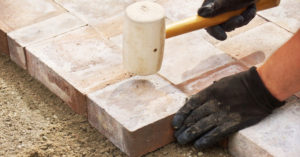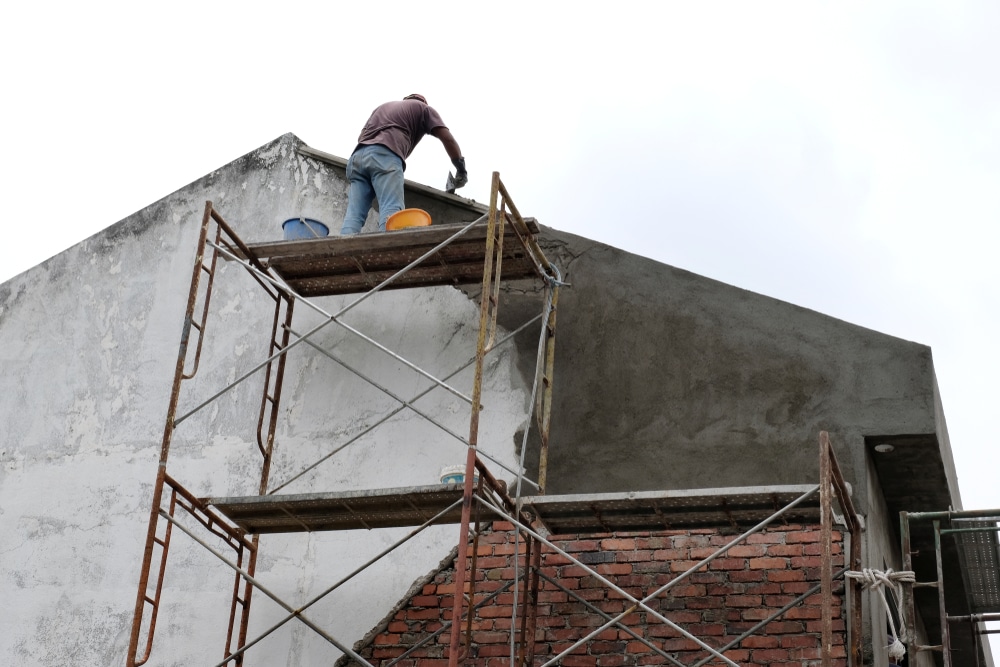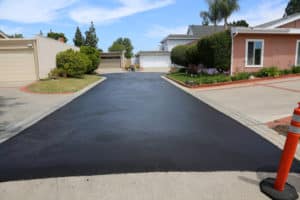
Cracks in concrete can be a real worry for Austin, TX residents. Should you call the experts or is it something that should just be left alone? That’s why we’re here to help – to take away all of your confusion and give you advice on when to worry about those cracks and when you can wait them out.
Concrete cracks come in many shapes and sizes, with some being more serious than others. Learn what types of cracks are normal wear-and-tear, which ones require immediate attention, and what steps need to be taken for any kind of crack. Whether it’s an aesthetic issue or a structural concern, get answers to your questions from our article.
Our goal is to provide readers with peace of mind by arming them with the knowledge they need regarding concrete cracks in Austin, TX. Read on so you’ll know when it’s time to take action and when there’s no cause for alarm!
Introduction
Is it true that the saying ‘everything is bigger in Texas’ includes concrete cracks? Well, if you live in Austin TX and have noticed some cracking in your concrete, then knowing when to worry about what’s happening may be a significant issue. With the right information, we can learn how to spot signs of serious damage versus minor faults.
In this article, we’ll explore different types of concrete cracks, why they occur and when it’s time to call a professional for help. Let’s begin by looking at what could cause these imperfections so that we can better understand their severity or lack thereof.
Types Of Concrete Cracks
It’s important to understand the different types of concrete cracks that can occur in Austin, TX. Some of them are superficial and harmless while others may require professional attention. Knowing which type you’re dealing with is essential for determining when it’s best to wait or worry.
The most common kind of crack found in concrete surfaces is a shrinkage crack. These appear due to the natural curing process and typically don’t go very deep into the surface. If a shrinkage crack becomes wider than ¼ inch, then it should be filled with caulk or mortar as soon as possible so water doesn’t seep through it. Other than this precautionary measure, there’s no need to worry about these kinds of cracks.
Another type of concrete crack that one might encounter is called a settlement crack. These usually stem from uneven soil underneath the structure and often result in bowed walls or floors over time. This isn’t something that can easily be fixed without professional help since structural repairs will likely have to be made to level out the foundation before any further damage occurs. Ignoring this kind of problem could lead to more serious issues down the line, making it especially important to call an expert if you spot signs of settling cracks on your property.
Next, we’ll look at some signs that indicate serious concrete cracking, which requires immediate action by a qualified repair specialist.
Signs Of Serious Concrete Cracks
As the old adage goes, a stitch in time saves nine. When it comes to the cracks in our concrete, this is certainly true. Knowing when a crack needs repair now or can wait for later can save us from significant disasters down the line.
The first and most obvious sign of an underlying structural issue is if the crack runs deep and long, extending several feet across multiple sections of your driveway or patio slab. If you find yourself needing to use more than one caulk tube to fill a single crack then you know that this is likely beyond what basic maintenance would require. In addition to length, keep an eye out for width as well; any cracks wider than ¼ inch should be addressed immediately.
In some cases, these large cracks may even begin to form small holes throughout their surface area. This could be indicative of larger issues below ground such as soil shifting due to tree roots or water drainage problems causing erosion underneath your pavement. Soil shifts can cause serious damage over time so it’s important to act fast if you see signs like these present in your concrete crack.
These are all red flags that cannot go ignored; any major cracks with significant size and depth will need professional help before they become worse and lead to costly repairs further down the road.
When To Wait
Now that you have an understanding of the signs of serious concrete cracks, it’s time to discuss when to wait for repair and when immediate action is necessary. While some minor issues can be put off until a convenient time, there are certain instances where delaying repairs could lead to more costly problems down the line.
In general, if a crack less than 1/8” wide appears in your concrete surface or foundation, then waiting for repair may be the best option. This type of crack often results from normal shrinkage as the concrete dries over time and does not usually require any professional help. If it further widens, however, then the prompt repair will likely become essential.
On the other hand, areas with deep cracks wider than ¼” need urgent attention since these openings can allow water into your structure which can cause momentous damage if left unchecked. Additionally, cracking caused by shifting soil underneath foundations should also be addressed immediately due to the possible destabilization of structures built upon them. In all cases involving large cracks or those appearing suddenly after periods of dry weather, contact a qualified contractor right away so they can inspect your property and advise on what needs to be done next.
The decision whether to wait or act quickly depends on several factors such as the width and depth of cracks as well as their probable causes. To make sure that your Austin property remains structurally sound and safe from potential harm, always consult with an expert before deciding whether repairs should be postponed or not. With this knowledge at hand, you’ll know exactly when it’s time to take action and get your concrete back in tip-top shape!
When To Repair
When it comes to concrete cracks in Austin, Texas, knowing when to repair them is an important decision. If a crack is actively leaking water or has become structurally unsound due to its size and shape, then repairs are likely necessary. In these cases, attempting to patch the area with a sealant would be ineffective as the underlying issue must first be addressed before any further steps can be taken.
Another instance where repairing may be required is if the surface of a sidewalk or driveway has begun to crumble away. This type of damage usually occurs when there’s been heavy traffic on top of the concrete, causing it to break down over time. Cracks will form along existing joints and they should be filled with mortar or cement in order to prevent further deterioration. Additionally, applying a protective coating such as epoxy could help strengthen the affected area and protect against future damage.
Lastly, if there are large gaps between pieces of concrete that have separated from one another due to settling or shifting ground beneath them, then filling those spaces with new material will be essential for restoring structural integrity back into the pavement or foundation slab. These types of repairs should always be done by experienced professionals in order for them to last long-term without needing frequent maintenance afterwards.
Moving forward towards conclusions about concrete cracks in Austin TX…
Conclusion
Taking action on potential problems early can significantly reduce repair costs and protect against further damage down the line. But when do you know which issues require prompt attention and which can wait?
The answer depends on several factors such as severity, location, age, type of crack, etc. Minor surface cracking is typically nothing to worry about and can often be addressed with minor repairs or cosmetic solutions like staining or resurfacing. However, if cracks are deep enough to cause structural instability then they need to be addressed right away by professionals who have experience working with concrete foundations in Texas soil conditions. In addition, any water seepage through cracks should also be taken seriously since that indicates there may be serious underlying issues at play.
When dealing with concrete cracks in Austin TX it’s best practice to err on the side of caution and consult qualified professionals for advice before making any decisions regarding repairs or treatments. By recognizing the warning signs and taking preventive measures where possible you can help ensure your property stays safe and sound now—and into the future!
Looking to fix those unsightly cracks in your concrete? Contact Contractors Asphalt today! Our experienced team can provide you with fast and reliable concrete repair services to restore the beauty and safety of your property. Don’t wait until the problem gets worse – call us now at (512) 388-9968!


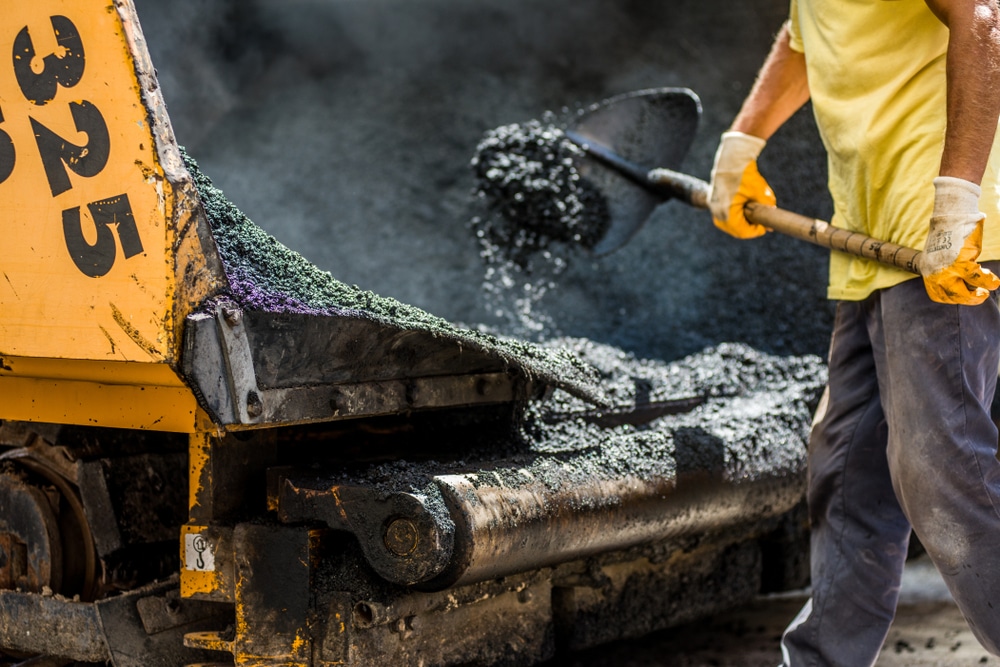
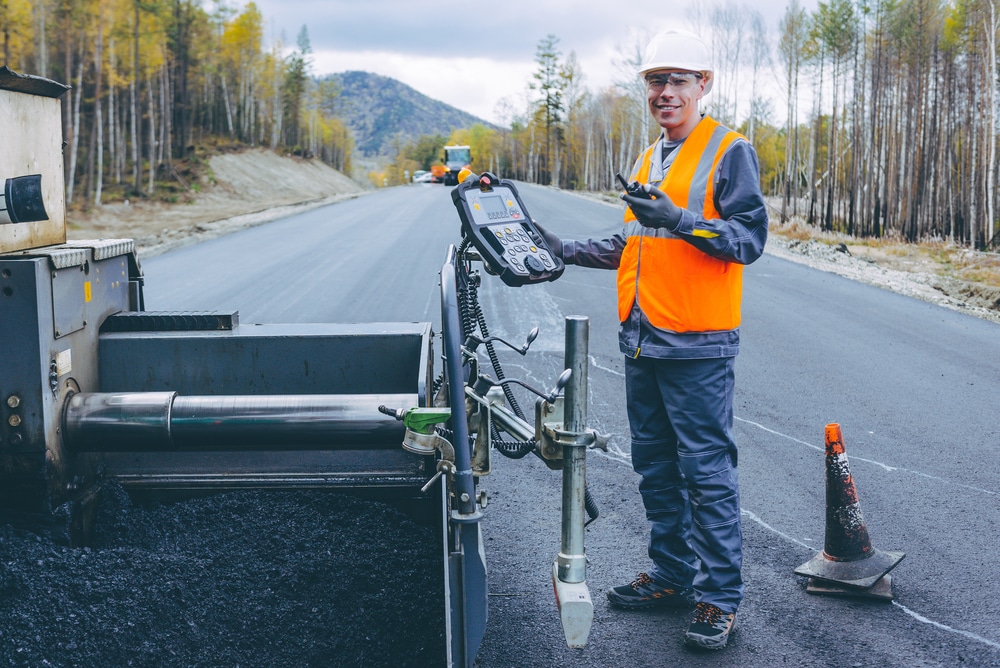

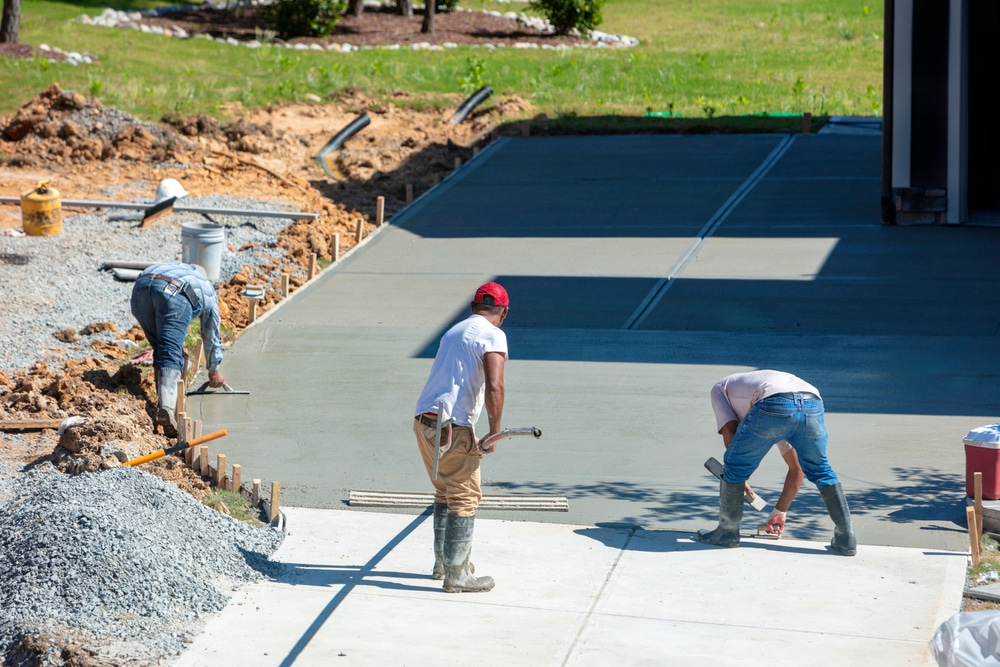
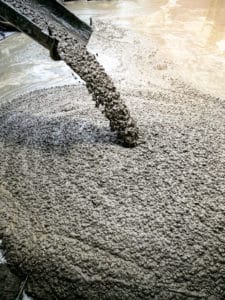
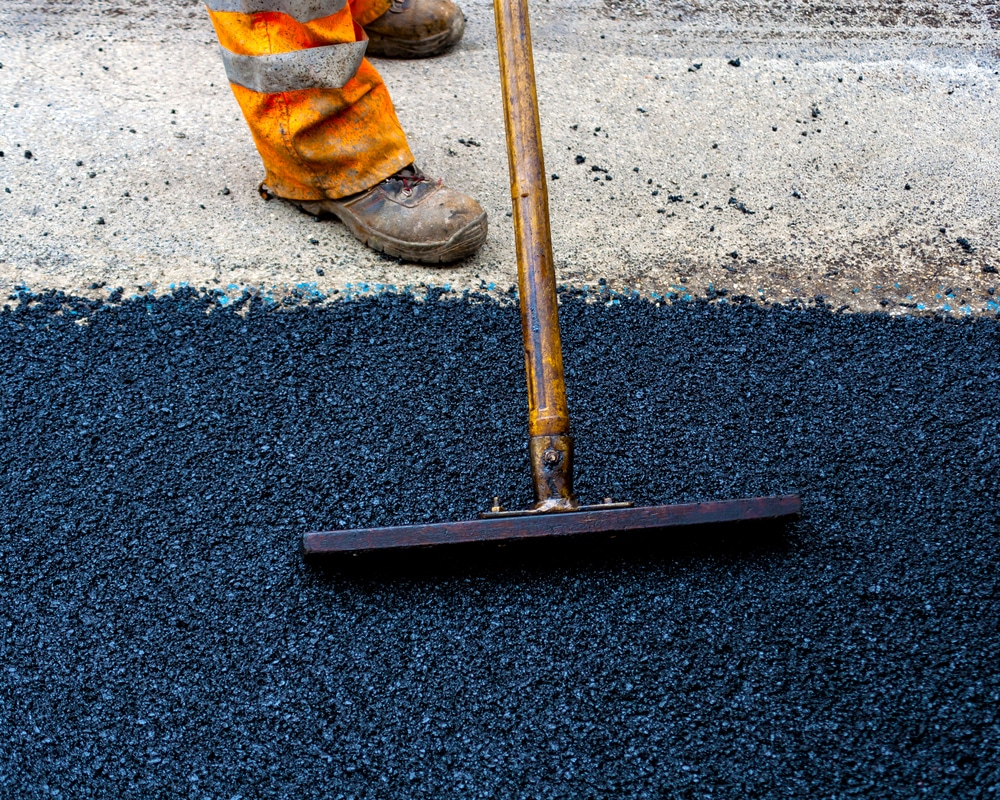
 to 25 years or more. They also allow for flexibility in construction and repair as the material can be easily worked around existing utilities or other structures on site. In addition, asphalt concrete is cost-effective compared to other materials making it a popular choice for road construction projects.
to 25 years or more. They also allow for flexibility in construction and repair as the material can be easily worked around existing utilities or other structures on site. In addition, asphalt concrete is cost-effective compared to other materials making it a popular choice for road construction projects.